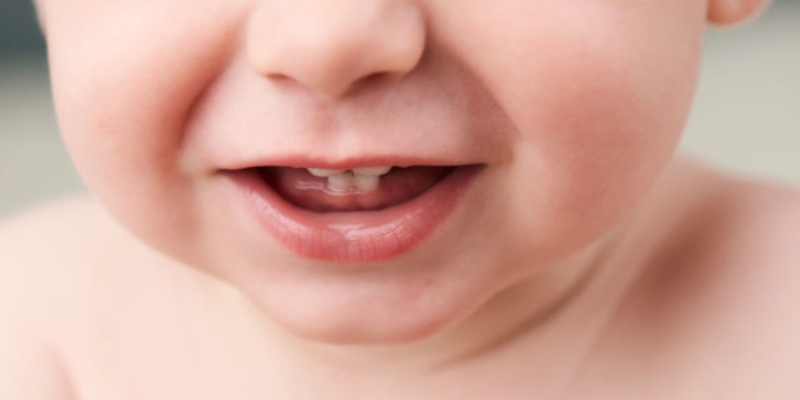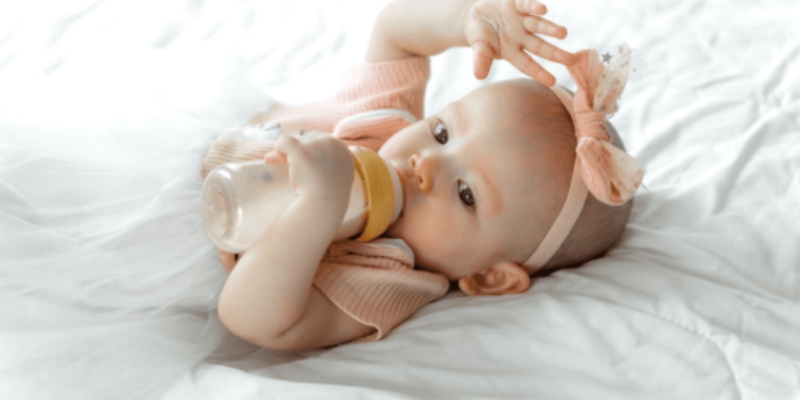Author – Dr Monika Chhajed, MBBS
Consultant – Paediatric Neurologist at Motherhood Chaitanya Hospital, Chandigarh
Dyslexia in Children: Causes and Symptoms
Each child learns and develops at his own pace and reading is no different from any other skill. According to Dr Monika Chhajed, MBBS, Fellowship Paediatric Neurology and Epilepsy, DCH, DNB, Consultant- Paediatric Neurologist, it is common for children to find reading challenging at some point or another. If, however, learning to read becomes a struggle, they may have a learning disorder or dyslexia. If you notice that your child is finding it difficult to read, consult the best paediatric neurologist in Chandigarh at the earliest.
What is Dyslexia?
Dyslexia is associated with trouble learning to read. It affects the child’s ability to recognize and manipulate the sounds in language. Dr Monika Chhajed tells us that children with dyslexia go through a difficult time decoding new works or even breaking them into chunks to sound out. This leads to difficulty with reading, writing, and spelling. A lot of people believe that dyslexia reflects a child’s intelligence. It is, however, not true. Dyslexia can be thought of as a gap between a student’s ability and achievement. Some children with dyslexia even cope with their peers. Their strength, however, begins to reduce after the third grade or so.
What Causes Dyslexia?
Dyslexia is caused by individual differences in the parts of the brain that enable reading. It often runs in families. Dyslexia is also linked to certain genes that affect how the brain processes reading and language. If you have a family history of dyslexia or learning disabilities, visit the best paediatric neurologist in Chandigarh for consultation.
What are the Symptoms of Dyslexia?
Research has shown that one in five kids have dyslexia. According to the best paediatric neurologist in Chandigarh, a young child with dyslexia may:
- Struggle with learning even simple poems.
- Have trouble following directions.
- Have speech delay.
- Repeat or omit short words.
In school, a child with dyslexia may:
- Have difficulty sounding or learning new words.
- Lack of fluency compared to other children of their age.
- Reverse letters and numbers while reading.
- Struggle with rhyming.
- Have difficulty spelling common words.
- Avoid reading altogether.
Outside of school, a child with dyslexia may:
- Struggle to decode logos and signs.
- Find it difficult to learn the rules of a game.
- Have difficulty keeping track of directions.
- Struggle with telling time.
- Find it difficult to learn another language.
- Become frustrated.
What can Parents Do?
Being a parent, you play a significant role in helping your child succeed. You can take simple steps such as:
- Address The Problem Early:
If you notice any sign of dyslexia, visit the best paediatricians in Chandigarh for consultation. Early diagnosis will lead to early intervention & better results. - Read Aloud with Your Child:
Befriend your child and read aloud with them. Introduce books as a toy to them and encourage fun learning. Read them bedtime stories or try listening to recorded books. - Work With Your Child’s School:
Children with dyslexia often find it difficult to cope with their peers in school. This leads to embarrassment and frustration. To avoid this, you can talk to their teacher and help your child succeed.
- Address The Problem Early:
Dyslexia can be challenging for both children and their parents. As a parent, you must keep patience and take one small step at a time with your child. You can consult Dr Monika Chhajed at the Motherhood Hospitals for diagnosis and treatment of dyslexia.
At Motherhood Hospitals, we have a team of experienced specialists backed by the cutting edge facilities. We have the best Paediatric Neurologist in Chandigarh.
Do take an appointment with the best Paediatric Neurologist in Chandigarh at a centre closest to you. Meet with our doctors who will carry out the required investigations, diagnose the issue and recommend the most appropriate treatment, enabling you to lead an active life.
If you wish to get in touch with Dr. Monika Chhajed, please book your appointment here


 Toll Free Number
Toll Free Number
















